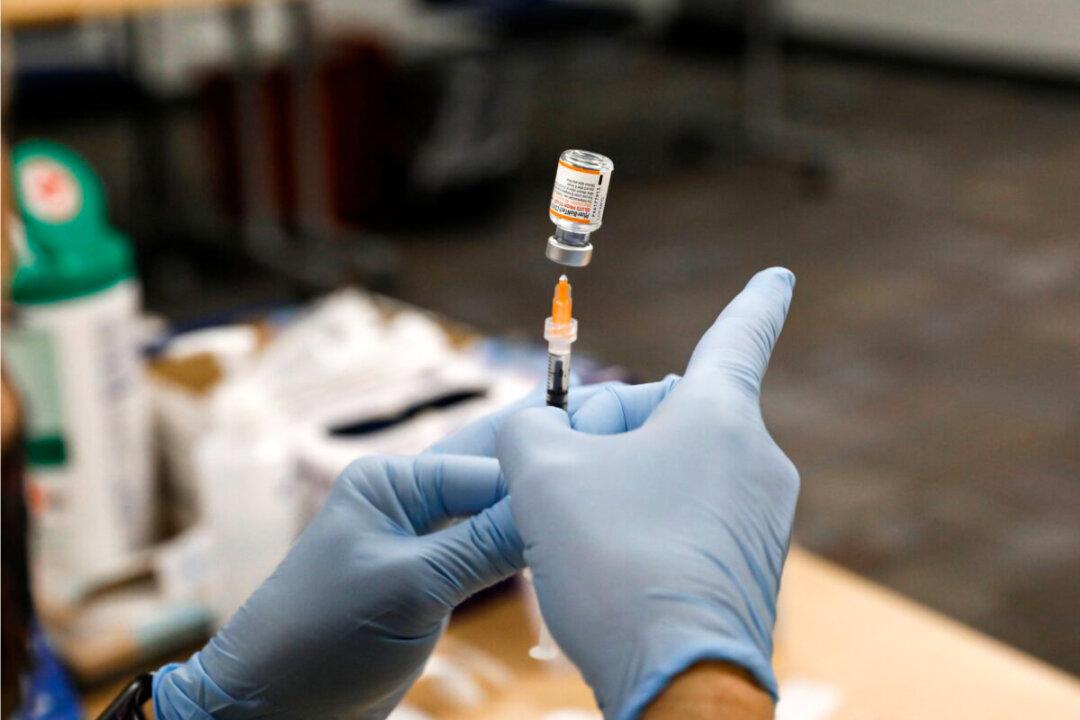A group seeking all of the documents analyzed by U.S. drug regulators before approving Pfizer’s COVID-19 vaccine has reached an agreement with the government on how fast the documents will be produced.
The Food and Drug Administration (FDA) must produce 10,000 pages by March 1 and another 10,000 pages by April 1 in response to the Freedom of Information Act request and subsequent lawsuit by the Public Health and Medical Professionals for Transparency, according to the agreement, which was approved by the judge overseeing the case on Feb. 2.





